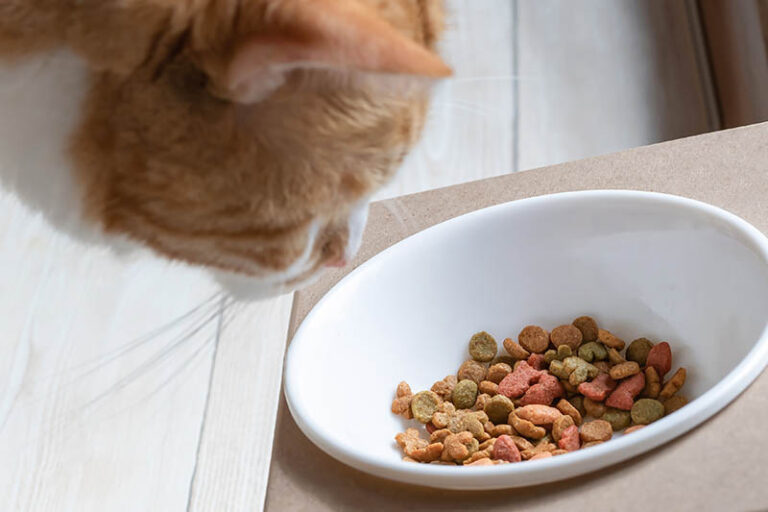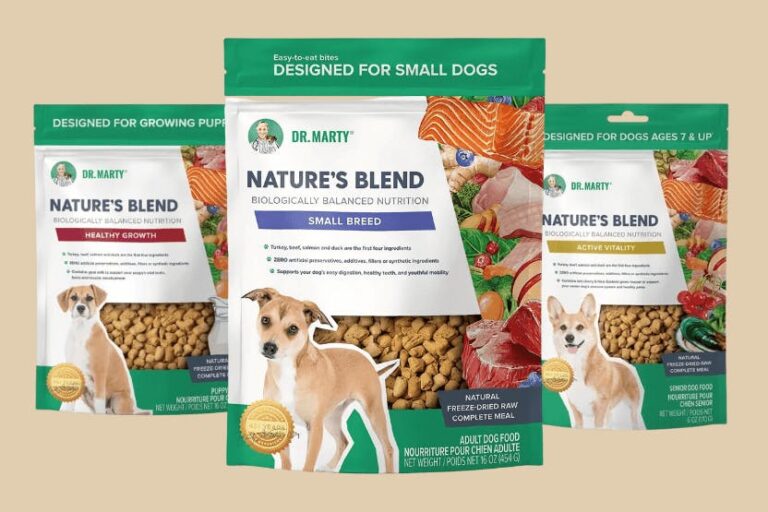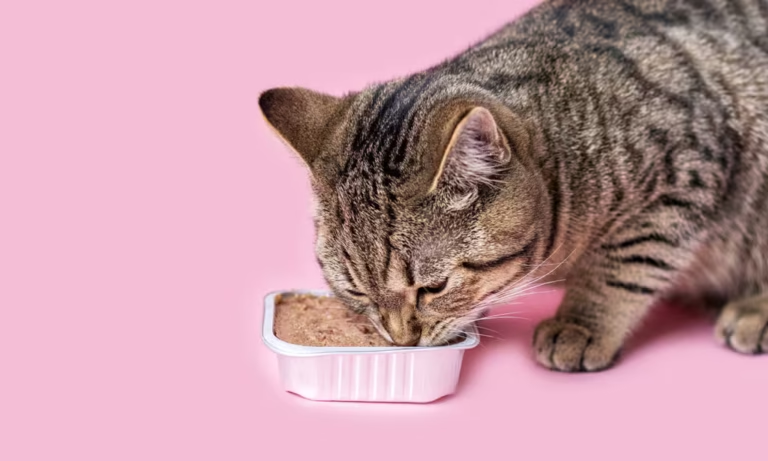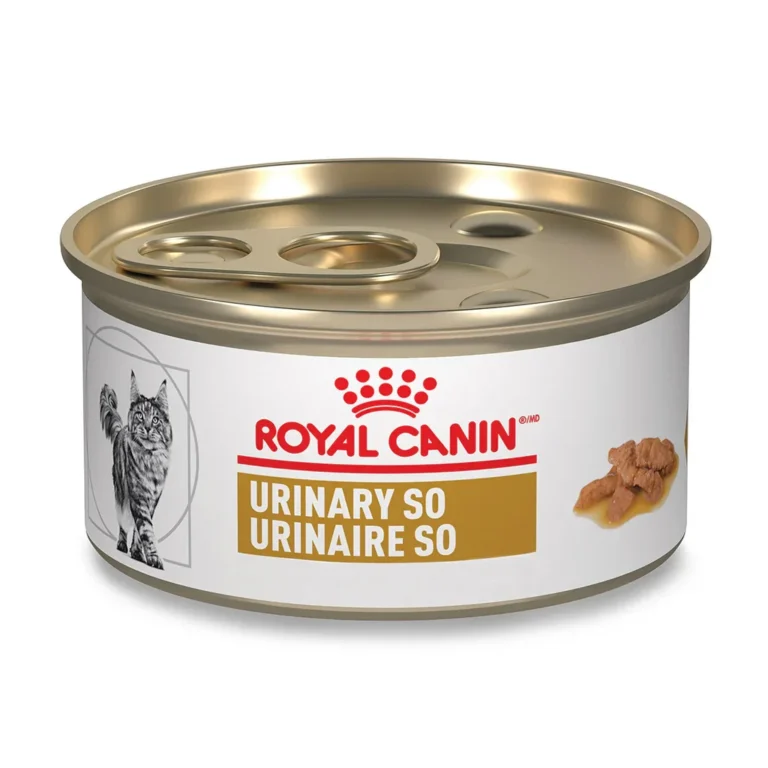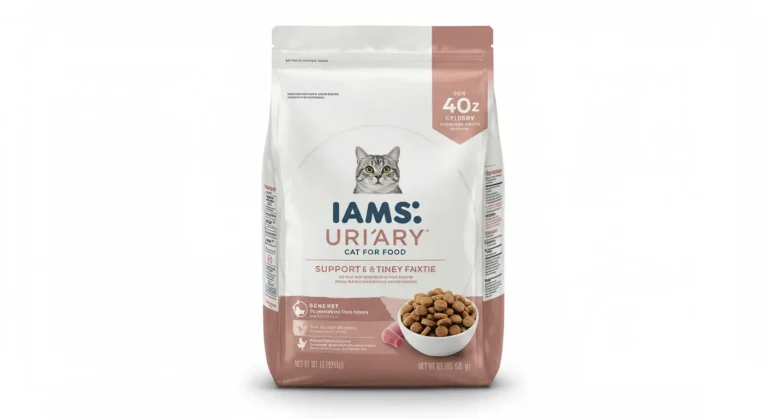Table of Contents
Choosing the right dog food is one of the most important decisions a pet owner can make. Puppies have unique nutritional needs, requiring balanced meals that support their rapid growth and development.
One of the popular choices among pet owners is Puppy Chow Dog Food. But how does it really measure up in terms of nutrition, ingredients, and overall quality?
In this article, we will take a detailed, unbiased look at Puppy Chow Dog Food, its pros and cons, ingredients, nutritional value, and whether it’s a good choice for your furry friend.
What Is Puppy Chow Dog Food?
Puppy Chow Dog Food is a brand designed specifically for growing puppies. It is manufactured by Purina, a well-known name in the pet food industry. The formula is intended to provide essential nutrients to support a puppy’s brain development, immune system, and muscle growth.
Available in dry and wet forms, Puppy Chow Dog Food is made with ingredients such as real meat, grains, and vitamins to promote overall health.
Ingredients and Nutritional Value
Understanding the ingredients in your puppy’s food is crucial. Here is a breakdown of the primary components in Puppy Chow Dog Food:
Main Ingredients
- Real Meat (Chicken/Beef/Turkey) – A good source of protein to help build strong muscles.
- Corn and Soybean Meal – Used as carbohydrate sources, though some dogs may have sensitivities to these ingredients.
- Wheat Flour – Another carbohydrate source that provides energy.
- Animal Fat – Essential for healthy skin and coat.
- Vitamins and Minerals – Includes essential nutrients like calcium, phosphorus, DHA, and antioxidants to support overall puppy growth.
Nutritional Profile
| Nutrient | Percentage (%) |
|---|---|
| Protein | 27% |
| Fat | 12% |
| Fiber | 5% |
| Moisture | 12% |
These values align with the general requirements for growing puppies, ensuring they receive adequate nutrients for development.
Pros of Puppy Chow Dog Food
- Affordable Price – Compared to premium brands, Puppy Chow Dog Food is budget-friendly, making it accessible for most pet owners.
- High Protein Content – Contains real meat as the first ingredient, which is essential for muscle growth.
- Essential Nutrients for Puppies – Fortified with DHA, vitamins, and minerals to support cognitive and immune system development.
- Widely Available – Easily found in supermarkets, pet stores, and online.
- Palatable for Puppies – Many puppies enjoy the taste, making mealtime enjoyable.
Cons of Puppy Chow Dog Food
- Contains Fillers – Includes corn, wheat, and soybean meal, which may not be suitable for puppies with food sensitivities.
- Lower-Quality Ingredients – While it contains real meat, some ingredients are by-products rather than whole protein sources.
- Artificial Additives – Some formulas contain artificial colors and preservatives, which some pet owners prefer to avoid.
- Not Grain-Free – If your puppy requires a grain-free diet, this may not be the best option.
- Can Be Hard on Sensitive Stomachs – Some puppies experience digestive issues due to the fillers and grains.
Is Puppy Chow Dog Food a Good Choice?
The answer depends on your puppy’s specific dietary needs. Puppy Chow Dog Food is a decent option for pet owners looking for an affordable, widely available puppy food that meets basic nutritional requirements. However, if your puppy has food allergies or requires higher-quality ingredients, you may want to explore other options.
For those on a budget, this food provides an adequate balance of protein, fat, and essential vitamins. But if you’re looking for higher-quality ingredients and fewer fillers, a premium brand may be a better investment.
Comparison with Other Puppy Food Brands
| Feature | Puppy Chow Dog Food | Blue Buffalo Puppy Food | Hill’s Science Diet Puppy |
|---|---|---|---|
| Protein Source | Real Meat & By-Products | Real Chicken | Real Chicken/Lamb |
| Fillers | Yes (Corn, Wheat, Soy) | No (Grain-Free Options) | No Artificial Fillers |
| Price | Affordable | Moderate | Expensive |
| Nutritional Quality | Basic | High | High |
If ingredient quality is your top priority, brands like Blue Buffalo or Hill’s Science Diet may be better alternatives.
How to Transition Your Puppy to Puppy Chow Dog Food
If you decide to switch your puppy to Puppy Chow Dog Food, it’s important to do so gradually to prevent digestive upset. Follow this transition guide:
- Day 1-2: 25% Puppy Chow, 75% old food
- Day 3-4: 50% Puppy Chow, 50% old food
- Day 5-6: 75% Puppy Chow, 25% old food
- Day 7: 100% Puppy Chow
Watch for any signs of allergies or stomach upset, such as vomiting or diarrhea.
Final Thoughts
Puppy Chow Dog Food offers a cost-effective and convenient option for puppy owners. While it contains essential nutrients, it also has fillers and lower-quality ingredients that may not be ideal for all puppies.
If you are looking for an affordable dog food with balanced nutrition, Puppy Chow could be a solid choice. However, if you prioritize premium ingredients, you may want to explore other brands. Ultimately, every puppy is different, and what works best depends on their individual needs.
Before making a final decision, consulting with a veterinarian can help ensure your puppy receives the best possible nutrition.
FAQs About Puppy Chow Dog Food
1. Is Puppy Chow Dog Food good for all breeds?
Yes, but large breeds may require a formula specifically designed for their growth needs.
2. Does Puppy Chow contain artificial colors?
Some formulas do contain artificial additives, so check the ingredient list before purchasing.
3. Can I feed Puppy Chow to an adult dog?
Puppy Chow is formulated for growing puppies. Adult dogs should transition to an adult-specific formula.
4. Is there a grain-free version of Puppy Chow?
No, Puppy Chow contains grains like corn and wheat. If your puppy requires a grain-free diet, consider other brands.
5. How much Puppy Chow should I feed my puppy?
The feeding amount depends on your puppy’s age, weight, and activity level. Check the packaging for specific guidelines.
6. Where can I buy Puppy Chow Dog Food?
It is available at pet stores, supermarkets, and online retailers.


